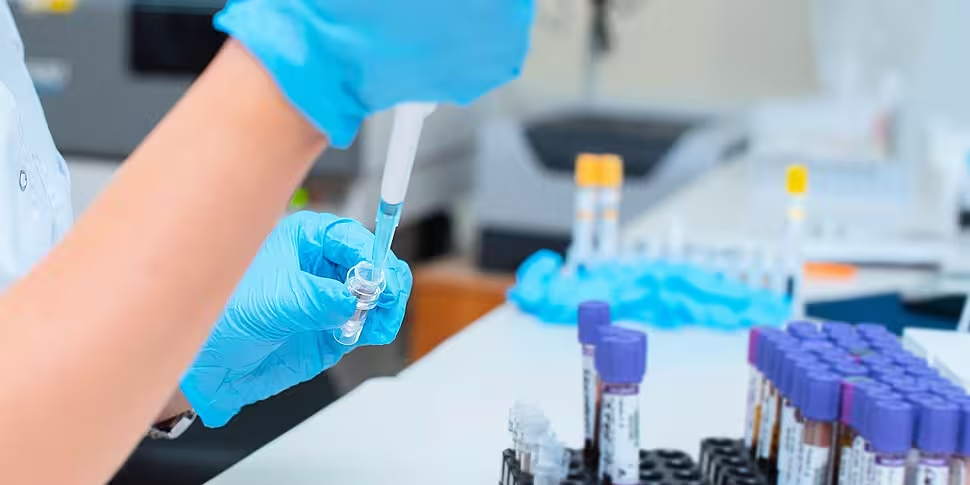A blood test which could predict the risk of dementia has been hailed as 'a very positive development'.
Researchers in the UK have taken a major step towards the test which can predict dementia risk more than a decade before the condition is formally diagnosed.
Scientists discovered biological markers for the condition in blood samples collected from more than 52,600 healthy volunteers enrolled in the UK Biobank project.
Global Brain Health Institute Site Director at Trinity College Dublin Professor Brian Lawlor told Newstalk Breakfast such a test would be extremely helpful.
"I think this is a very positive development in terms of the availability of a blood test to diagnose Alzheimer’s," he said.
"A diagnosis of Alzheimer’s disease involves referral to a specialist memory clinic, detailed memory testing, scanning.
"The availability of a blood test, getting an early and more accurate diagnosis would be very, very helpful."
Prof Lawlor said improvements in treatment means early detection is key.
"Over the last year or so there has been approval in the United States of Disease Modifying Therapies," he said.
"It's really imperative that we're able to make an accurate and early diagnosis now so people can be treated earlier".
'Light at the end of a tunnel'
Prof Lawlor said Disease Modifying Therapies mean people can do more earlier.
"One of those drugs has been approved in the United States, not here in Europe," he said.
"But I think that we're really at a stage of what cancer was many decades ago where it was a start - sort of a light at the end of a tunnel.
"I think over the next number of years we're going to see the availability of more treatments that can help people at an early stage.
"So, the availability of a blood test would be very, very important."
'Would you take the test?'
Prof Lawlor said people shouldn't jump to any major conclusions from any such tests.
"If you're asymptomatic, mid-life and would you take the test?" he said.
"I think there's a danger... in using a blood test in people who are asymptomatic because it could produce an awful lot of fear and anxiety in people.
"Even a positive blood test for Alzheimer’s disease it doesn't necessarily mean that you are definitely going to go on and develop Alzheimer’s disease"
Prof Lawlor added that such blood tests would still need to validated in memory clinics rather than research settings.
Listen back here:









